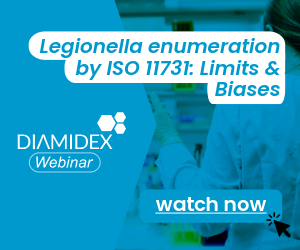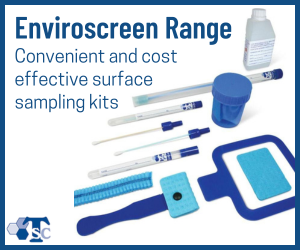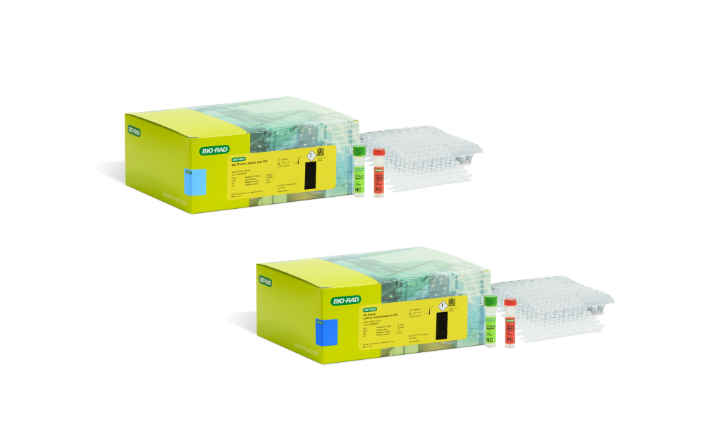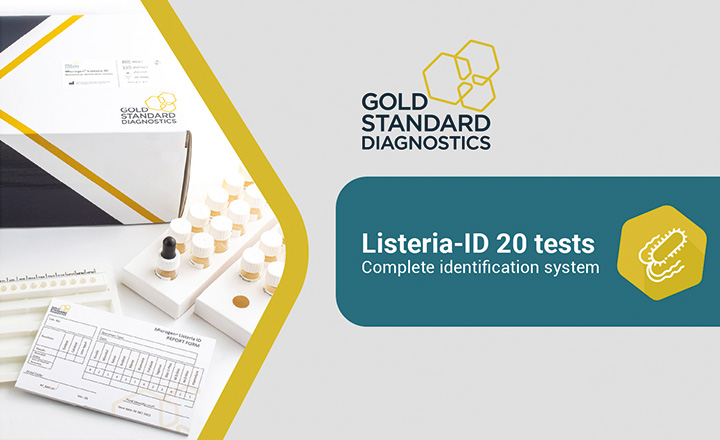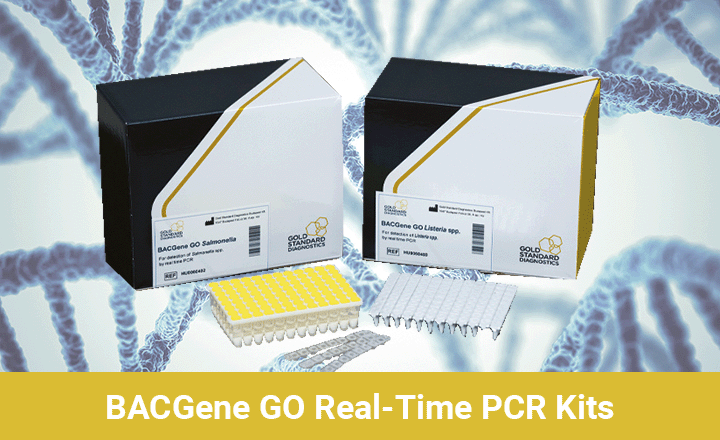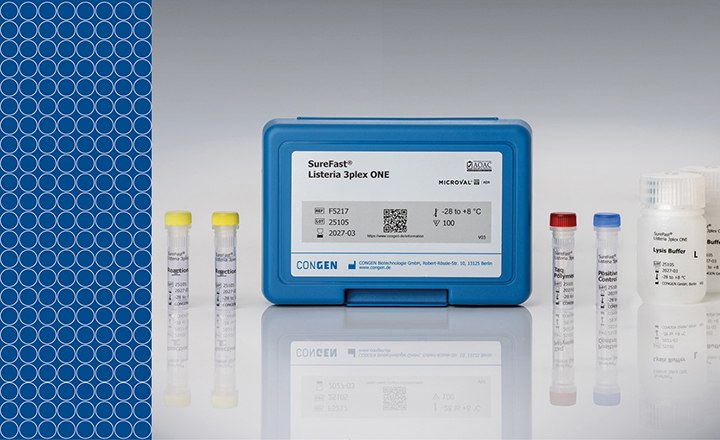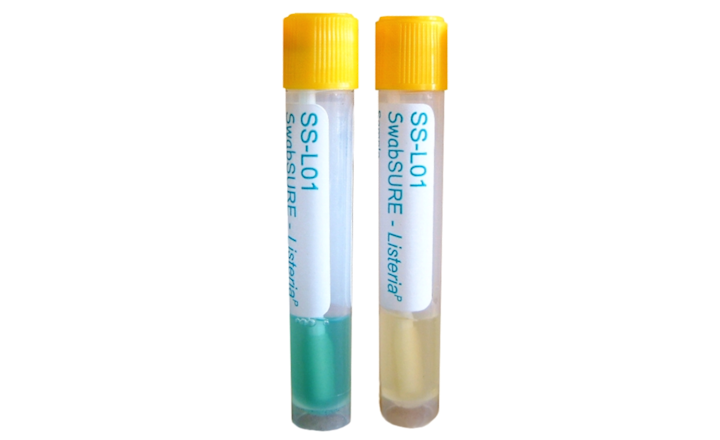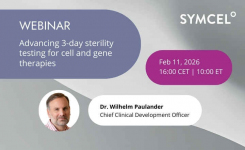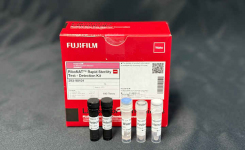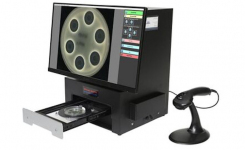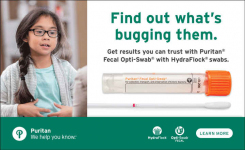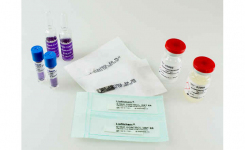Yarok Technology Transfer Ltd., have received validation from the IFFM, (Institute For Food Microbiology, Israel) of their modules for fast, accurate detection and count of E. coli and Listeria monocytogenes in leafy vegetables using its new technology and testing system.
The validation process was aimed at verifying the reliability of the new technology and testing system, and verifying whether these are implementable in industrial and commercial laboratories for fast detection of foodborne pathogens in leafy vegetables, using standards formulated and required by the FDA and the EP for validation of new testing methods.
The institute confirmed that with the new fast testing method the Time to Result (TTR) are significantly shorter than those produced using other rapid systems, and vastly shorter than those obtained with traditional methods.
The validation further confirmed that the new fast testing method showed a higher sensitivity (lower detection limit) than the reference conventional analytical method in E.coli presence/absence tests, being able to provide count results for a single bacterium in the sample. The validation concluded that the new fast testing method is suitable for use in routine testing for detection (presence/absence) and count of E. coli and Listeria monocytogenes in leafy vegetables. The new method was developed by Yarok Technology Transfer and is based on intellectual property held by Dr. Vladimir Glukhman, co-founder and Chief Scientist of Yarok. Based on a simple laboratory procedure, the testing system requires a proprietary kit to be used with affordable off-the-shelf laboratory tools. "The lack of truly fast testing for dangerous food-borne pathogens is dangerous for the consumer and is hugely problematic in the food industry for manufacturers, large and small, and for retail chains” said Yarok CEO Jonathan Sierra. "Today, test results are evident only after fresh products are marketed. By contrast, the validation procedure confirmed that our system delivers highly accurate results within the time-frame of a typical production shift. First clear results are provided in just 45 minutes. This short testing time enables producers to reliably evaluate raw material or final product conditions and deliverability, saving the industry on unnecessary costs, and drastically reducing the threat of product recalls. Results come in before products go out ". Sierra added that Yarok’s current focus on leafy vegetables (lettuce, rocket leaves, spinach, etc.) was due to the large number of food recalls and several recent fatalities involving those greens. He further noted that the company’s module for Psychrotrophic bacteria in pasteurized milk fast testing is already in use in the second largest dairy in Israel. “Also, we’re now in the advanced development of a testing system for environment control to detect Listeria on surfaces, equipment, clothing and other items found in production facilities, in an extremely short time.”
How does it work?
The approach is based on monitoring endocytosis which is a universal mechanism of cellular uptake that exists in all active cells, the system identifies the type of microbial cells by detecting the cellular uptake rate when it is increased by specific inducers. Time to result depends on sample type and what organism is being targeted with different test modules available for different tests. Standard fluorescence microscopes are used together with the proprietary system kit.


